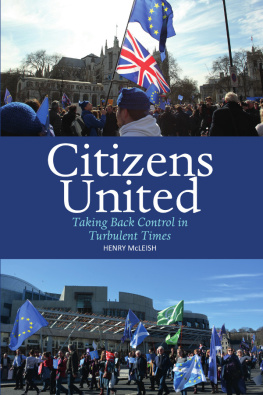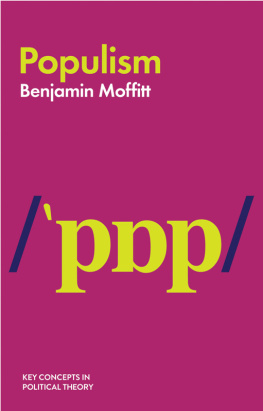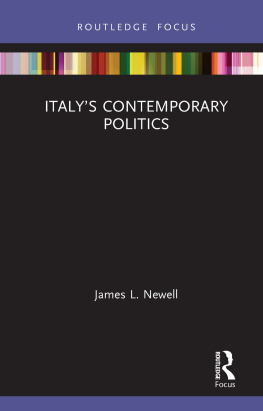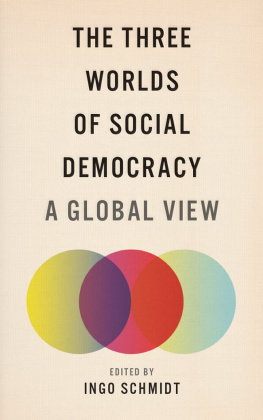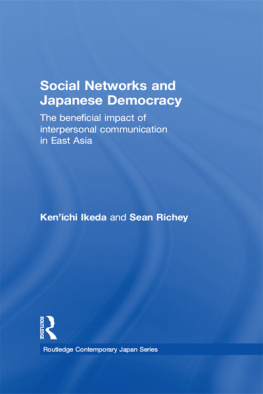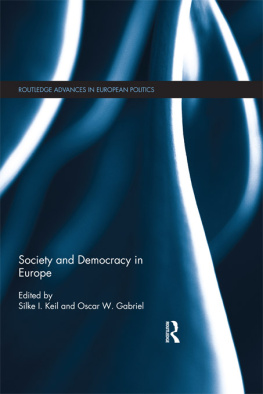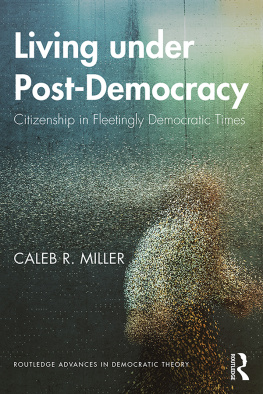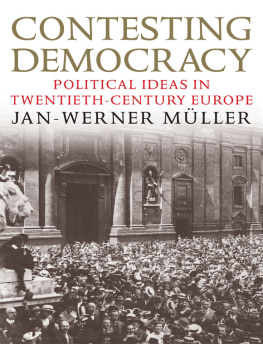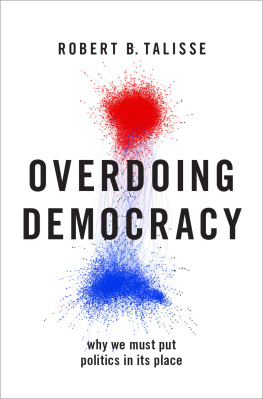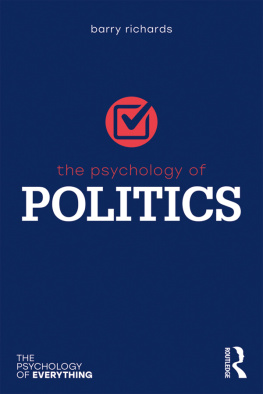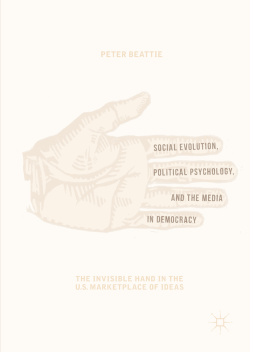
RT HON HENRY MCLEISH began his political career as an elected member in local government in 1974 , and was leader of Fife Regional Council for five years. In 1987 he was elected as a member of the UK Parliament and acted as Minister for Devolution and Home Affairs in the Labour Government from 1997 to 1999 . In the first Scottish Parliament he was Minister for Enterprise and Lifelong Learning from 1999 , and in 2000 he became First Minister of Scotland until 2001 . Retiring from politics in 2003 , he is now an adviser, consultant, writer, author and broadcaster and lectures in the USA and elsewhere on the European Union and politics. He chaired the Scottish Prisons Commission, which produced a report into sentencing and the criminal justice system entitled Scotlands Choice. In 2010 he conducted a major report on the state of football in Scotland, which had been commissioned by the Scottish Football Association, and chaired a commission into sport requested by the Scottish Government. He is now an honorary professor at Edinburgh University.
Citizens United
Taking Back Control in Turbulent Times
HENRY M C LEISH


First published 2017
ISBN: 978-1-910021-78-1
eISBN: 978-1-912387-03-8
The authors right to be identified as author of this book under the Copyright, Designs and Patents Act 1988 has been asserted.
Henry McLeish 2017
Contents
Preface
Citizens United: Taking Back Control in Turbulent Times was inspired by five concerns. First, a lifetime commitment to the enduring principles of the Labour party, whose fortunes have dipped in recent times. Second, a fear that our politics, democracy and governance were at risk, with darker forces trying to supplant progressive politics with populism, a market philosophy and a drift to the right. Third, the state of a declining Britain and the consequences for Scotland and the other nations as England starts to stir awkwardly from its slumber. Fourth, the idea that people dont matter too much in our politics, apart from being asked to vote every few years; that they are lauded as consumers but rarely recognised as citizens, a much more noble status. Fifth, more dramatically and worryingly, the momentous political year of 2016, the election of Trump in the US and the calamitous Brexit decision in the UK.
Trump and Brexit make no sense. It was like experiencing two bereavements where the cycle of grief kicks in and recovery is hindered by obsessing over the question: How did this happen?
This books preparation was informed by numerous discussions with friends and colleagues in the US in Denver, Tulsa, San Antonio, Tampa, New York and Washington, dc as well as in London and Edinburgh.
Brexit stands out because of the direct threat it poses to Britain but also because of the remarkable step back in time delivered by the poisonous and reckless Leave campaign, celebrated by some as progress. For me, Brexit was a wake-up call.
The achievements of progressive politics were at risk.
Our politics need a radical transformation. There was nothing inevitable about the Trump-Brexit political shocks, but there is an urgency required in rethinking where we are as democrats, socialists and liberals in a world of social change, political upheaval, massive inequality and the cult of the tough guy personality.
This book argues that this political upheaval is not just an unforeseen bump in the road; Trump and Brexit are earthquakes whose tremors are being felt throughout western democracies. Our guiding spirit in all of this must be the fact that both Trump and Brexit are consequences of something, not causes, and that is why the idea of drilling deeper and finding a new role for the citizen becomes so important: 63 million people voted for Trump and 17.4 million people voted for Brexit. These are big numbers, whose importance cannot be wished away.
Citizens United: Taking Back Control in Turbulent Times, is a warning about the need for change and an invitation to join the debate about what happens next. We must remain optimistic about the ability of humans to evolve and adapt. This book asks: How do we develop a more inspired politics where the citizen is valued and taken seriously?
Introduction
BRITAINS VOTE TO leave the European Union and the election of President Trump have sent shock waves through the democracies of Western Europe and have emboldened far right parties in Germany, France, Austria and the Netherlands. However, both France and the Netherlands have rejected far right politics with their respective elections of Emanuel Macron and Mark Rutte.
The striking and worrying similarities between the Trump and Brexit campaigns are a chilling reminder of how old ideas are being repackaged for modern times. History tells us about nationalism, however economic it is dressed up to be authoritarianism, nativism, racism, xenophobia and religious intolerance (especially in the form of Islam) and the consequences for countries and continents.
The political and press frenzy over Prime Minister Theresa Mays future has tended to distract from the reality that a significant section of the Conservative party has embraced a cheap patriotism that is the enemy of what a modern Britain should be striving for. Personalities may change, but the right of the Conservative party doesnt. We ignore this basic fact at our peril.
Brexit is about the identity crisis that Britain has grappled with for over years, and the question of Britains role in the modern world, or the lack of one. It is about the failure of the right of the Conservative party and the UK Independence Party ( UKIP ) leadership to remove the shackles of the past and put behind them the nostalgia, sentiment and delusional mindset that refuses to accept that Britain no longer rules the waves or controls an empire and does not have a special relationship with the United States while also failing to see the significance continental Europe has for Britain in the st century.
The story on offer for Brexit, and for Trump, argues that all our ills are the fault of migrants, refugees, Muslims and Eastern European benefits tourists, who are simultaneously stealing all our jobs. In Britain, the story is further adorned by a barely concealed hostility to foreigners, especially the French and Germans, the supposed ringleaders in the EU s drive towards a federal state.
The story is rounded off with a generous helping of insidious nationalism (mainly English), a dash of isolationism and a hint of racism to come if Brexit succeeds.
These cheap patriots leading Brexit are consumed with a misplaced sense of history and are diminishing Britain in the eyes of the world.
Much of the developed world is experiencing political upheaval and in some cases radical political change. While there may be little agreement on where this is heading, there is compelling evidence about some of the causes: a deep disillusionment and anger with traditional politics; electorates freed from the patterns of previous voting; and growing anxieties about the inability of politicians and political parties to tackle the problems and challenges of our changing world. In this fragile anti-austerity environment, new parties are emerging and minority parties are gaining strength and enjoying varying degrees of success and popularity.
These are the politics of a turbulent, disgruntled and restless world. The EU , one of the most important political projects in history, faces threats, such as terrorism, migrants and narrow nationalism, that are reshaping the narrative.

